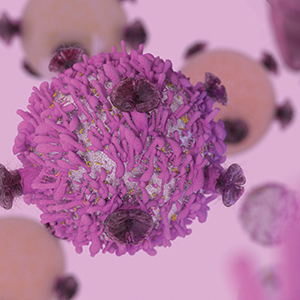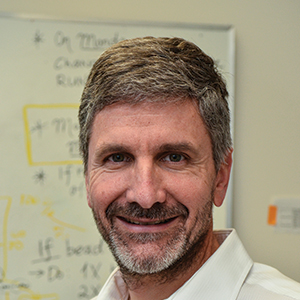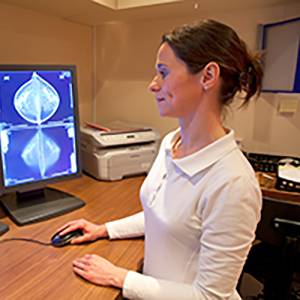-
Forward Look
Tinkering With T CellsNew cancer treatments use patients' own modified immune cells.
by Kate Yandell
-
Challenges Remain for Kids With Cancer
More children are being treated successfully for cancer. Yet researchers continue searching for new therapies that will help kids who don't respond to standard treatments.
by Cameron Walker
-
Forward Look
Palliative Care Can Help a Wide Range of PatientsPalliative care can help all cancer patients, not just late-stage ones.
by Yasmine Iqbal
-
Healthy Habits
A Virtuous CycleBicycling to work can be a way to build exercise into your day.
by Kate Yandell
-
Forward Look
By the NumbersTalking to doctors about cancer and its treatment often means being bombarded with numbers, from percentages to risk ratios. Yet many people don’t fully comprehend what the numbers mean. As a result, cancer patients may not understand their prognosis, the effect a treatment might have, or their risk for recurrence. Photo © iStock / PeterHermesFurian To […]
by Cameron Walker
-
Forward Look
The Evolution of CancerQ&A with molecular biologist James DeGregori on cancer development.
by Sue Rochman
-
Forward Look
Breast Density MattersBreast cancer risk factor may be overlooked.
by Kendall K. Morgan
-
Forward Look
More Options for Adolescents in Clinical TrialsNew recommendations support inclusion of teens in adult studies.
by Susan Kreimer
-
Forward Look
Choosing a Cancer CenterNCI-designated cancer centers play an important role in patient care.
by Kristine Meldrum Denholm
-
Forward Look
The Cost of PrescriptionsFinancial factors can influence cancer patients' use of medications
by Kate Yandell
Cancer Talk
The Power of Comedy
In a new play, the pain of cancer can be a chance to laugh.
by Ashley P. Taylor
Melanoma Risk in Childhood Cancer SurvivorsPeople treated for childhood cancer found to have twice the risk of developing melanoma as an adult.
by Cameron Walker
Online Second OpinionsMore than half of patients who participated in a program offering online second opinions were recommended a change to their treatment plan.
by Eric Fitzsimmons
Musical Toxicity an Effect of Cancer TreatmentStudy finding cancer treatment affects ability to play or sing music highlights need for physical therapy, experts say.
by Kyle Bagenstose















